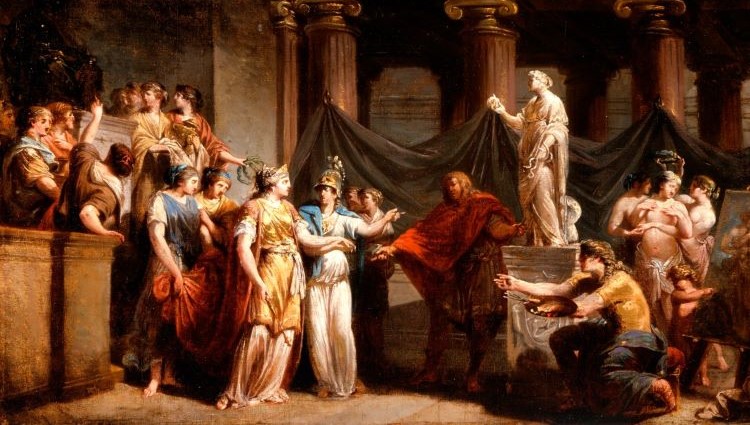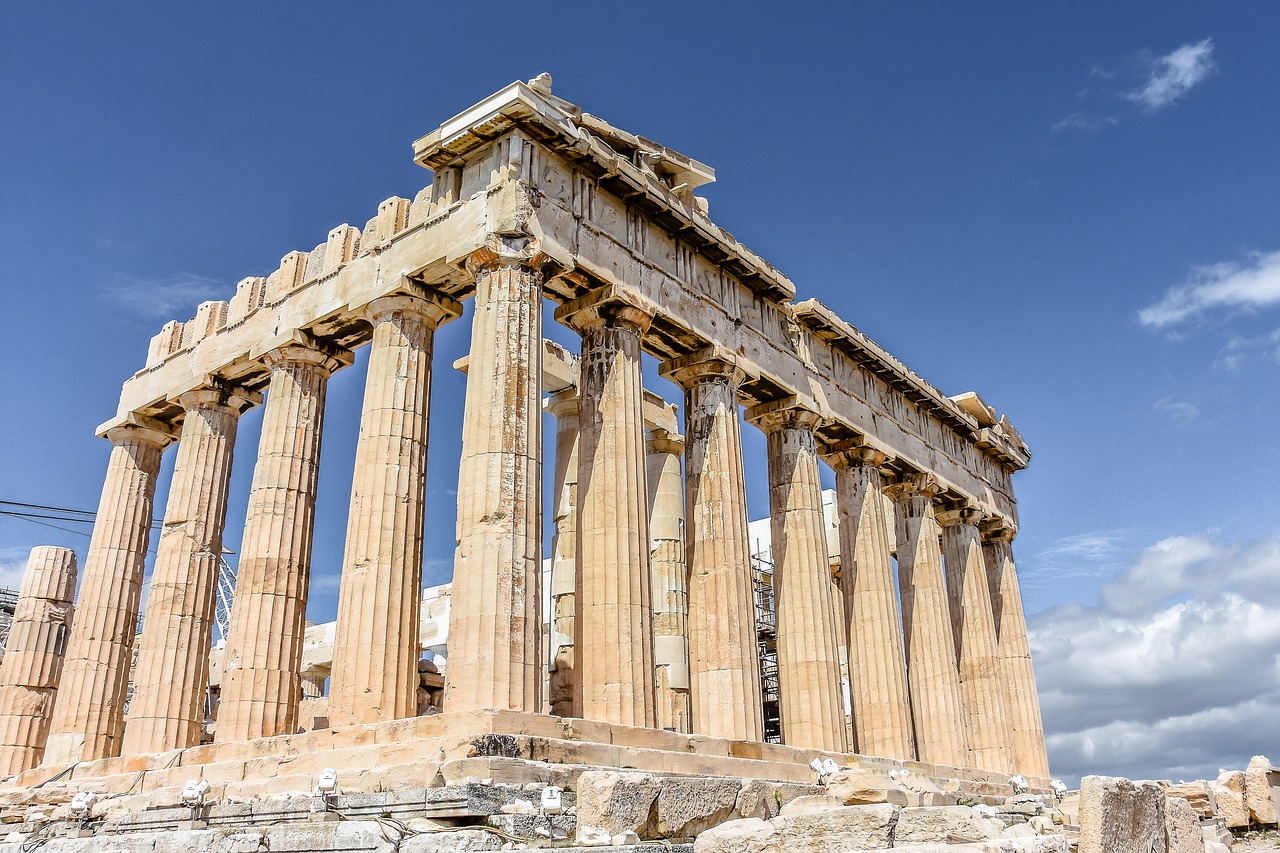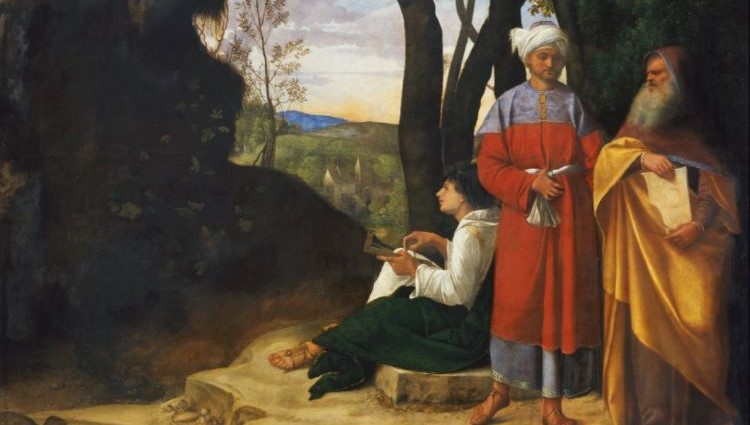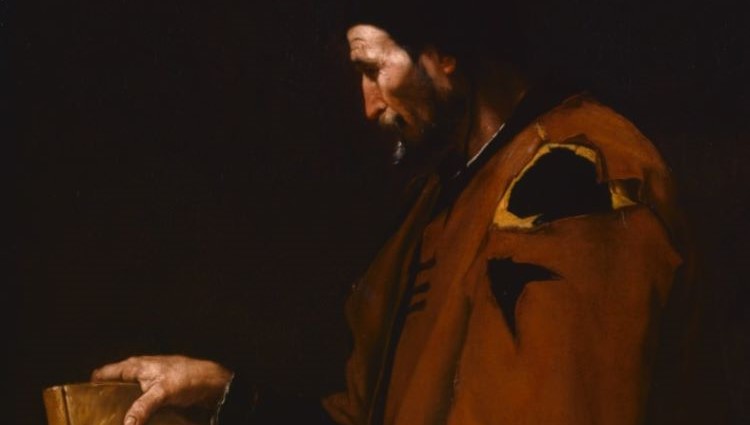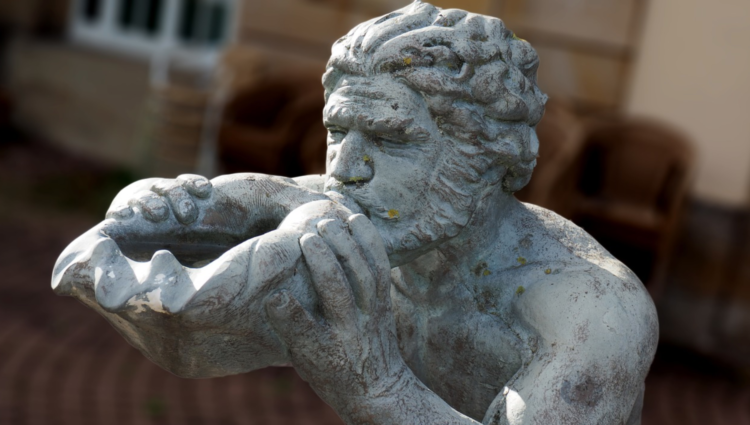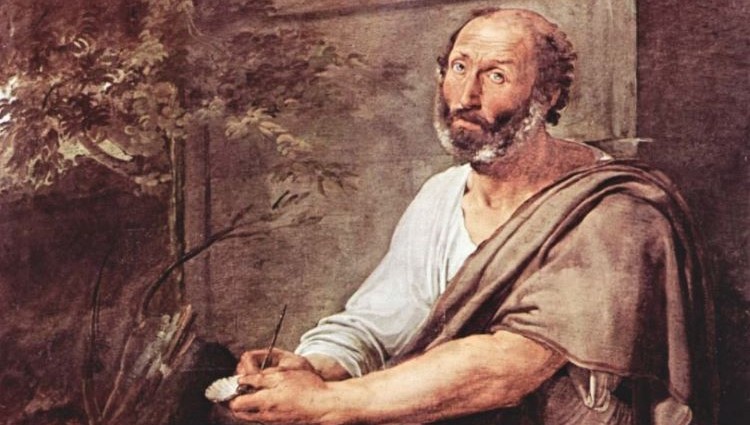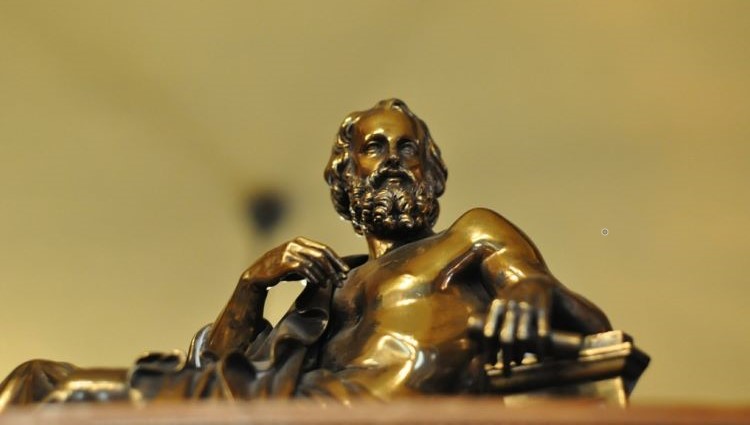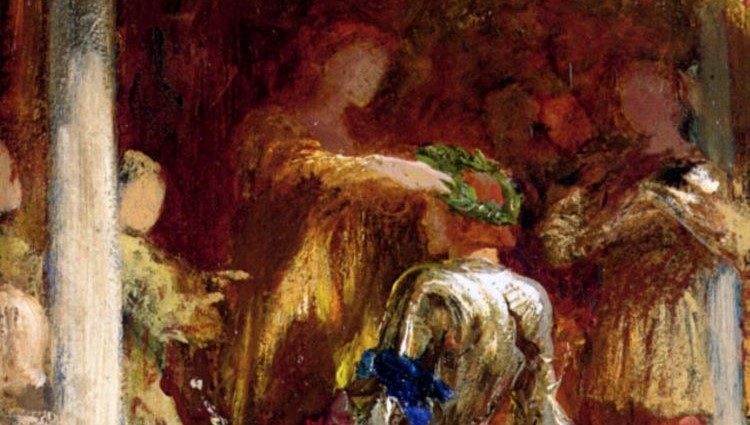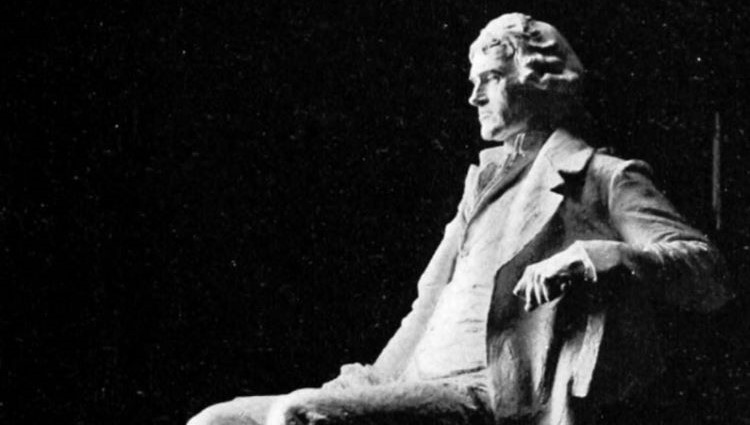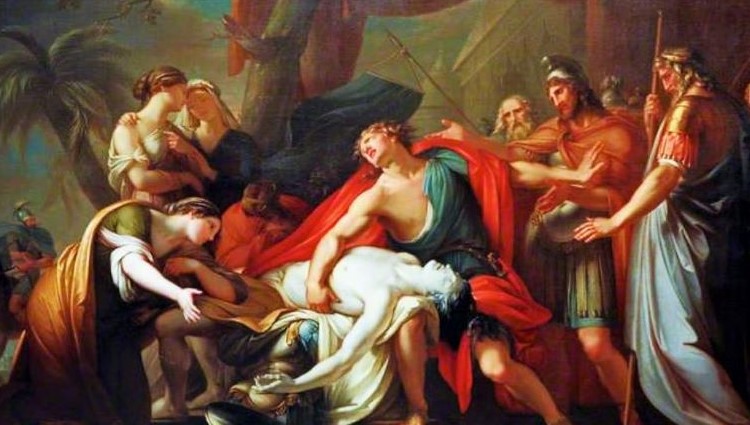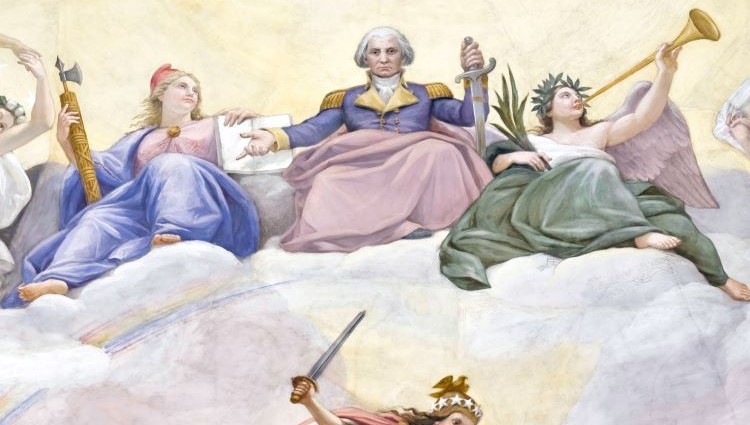Can We Be Friends? Spirit, Duty, & Our Canine Companions
If people and dogs have common ground of a higher order than animal needs, it must be in the territory of the spirit. Spirit is, just as Aristotle says, where friendship is at home. Now among us humans, this capability of the spirit is both an accomplishment and a work in progress, and so it [...]



